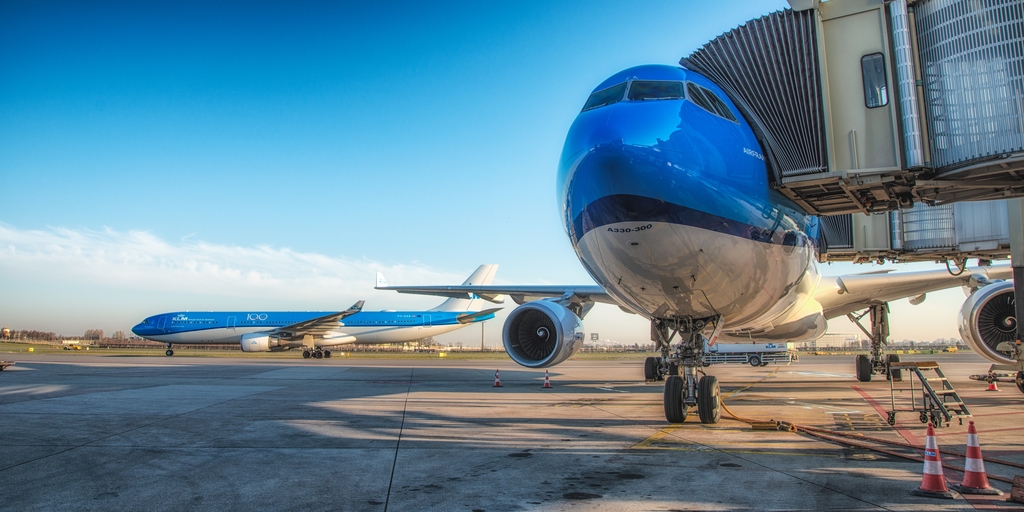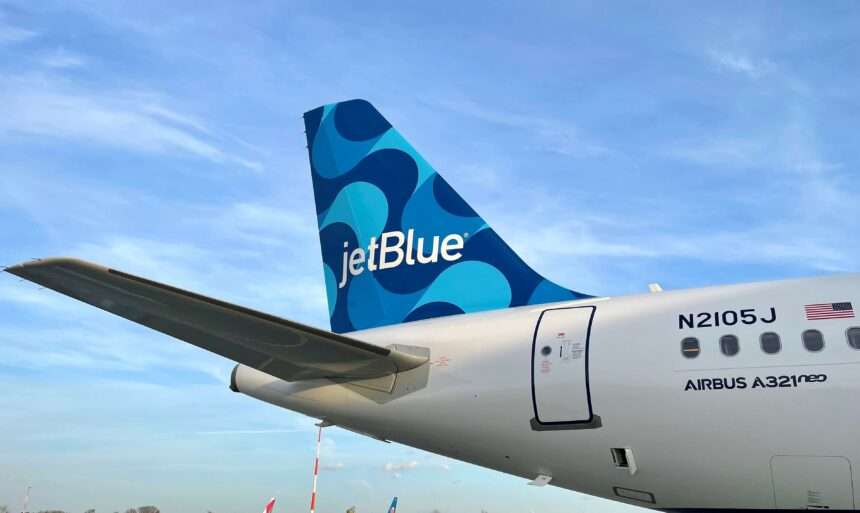LONDON – KLM Group has posted its annual financial results for the full year end to 2022. Despite early parts of the year still being disrupted by Covid related restrictions, the rest of the year saw a healthy turnaround since they eased.
Chief Financial Officer Erik Swelheim said of the sharp increase in demand for air travel: “Once travel restrictions were lifted at the start of the year, the demand for air travel recovered quickly.”
“This enabled KLM to repay the loans it received from the Dutch government as part of its support package in the second quarter of 2022. However, KLM has yet to repay EUR 1.4 billion in deferred wage tax.”
Financial figures for the Royal Dutch Airlines arm of the group mean that it edges closer to the performance of 2019, the last full operational year not affected by the pandemic. Operating revenues came in at 10.7 billion euros of which €706 million was profit.
“We are indebted to our customers and our dedicated employees for this. The Dutch are eager to continue flying and we see more people travelling worldwide”, said Group CEO Marjan Rintel.
Operational performance
Like many airlines during the pandemic, when leisure and tourism travel weakened, cargo operations contributed considerably to its bottom line.
Passenger numbers for the airline were 25.8 million for KLM and 7.7 million for its low cost sister carrier, Transavia.
The Dutch national carrier exceeded company expectations across all markets, apart from Asia. Chinese and Hong Kong borders were still locked down into January 2023, naturally affecting both in and outward travel.
KLM Chief Executive Officer Marjan Rintel said: “We have achieved these results thanks to the loyalty of our customers and the commitment of all colleagues.”
“Our employees have made an enormous effort over the past year to offer customers quality under difficult circumstances. Major challenges remain, but the 2022 results give us reason to be cautiously optimistic.”
An area identified as needing to improve was the companies Net Promoter Score (NPS). Coming in at 37, compared to a usual target of 50. The improving landscape of both KLM and Schipol’s labour shortages have seen it steadily increase over the last few months.
“Because we welcomed more customers on board, passenger load factor rose to 84%. This bodes well for the year ahead, when we will be forced to contend with ongoing geopolitical tensions and other prohibitive factors.” Swelheim continued.
Speaking of the groups intentions to restructure outstanding loans, Swelheim finished by saying: “During the second quarter of this year, we expect to terminate the loans guaranteed by the Dutch state and replace them with a credit facility with our relationship banks.”
Challenges lie ahead
The group foresees multiple hurdles as they head into 2023: these were outlined as: geopolitical uncertainties impacting flight schedules and networks, the rising cost of aviation fuel, inflation and a challenging labour market.
Labour is proving difficult to come by since many airlines had to make the decision to thin out their workforces when the pandemic struck.
CEO Rintel concluded with a look to the future by saying: “We will continue to invest in customer products and services in the years ahead, with an emphasis on sustainability, but we can only do so if we exercise systematic cost control.”
“This is how we can prepare KLM for the future and offer our customers memorable experiences.”
Multiple airlines around the world are beginning to increase their sustainability within the industry, and KLM are no exception. This year they plan to double the sustainable aviation fuel level in their flights leaving Amsterdam Schipol to 1%.








